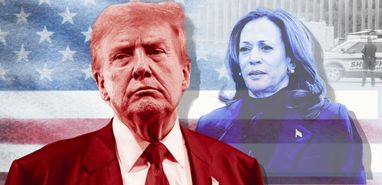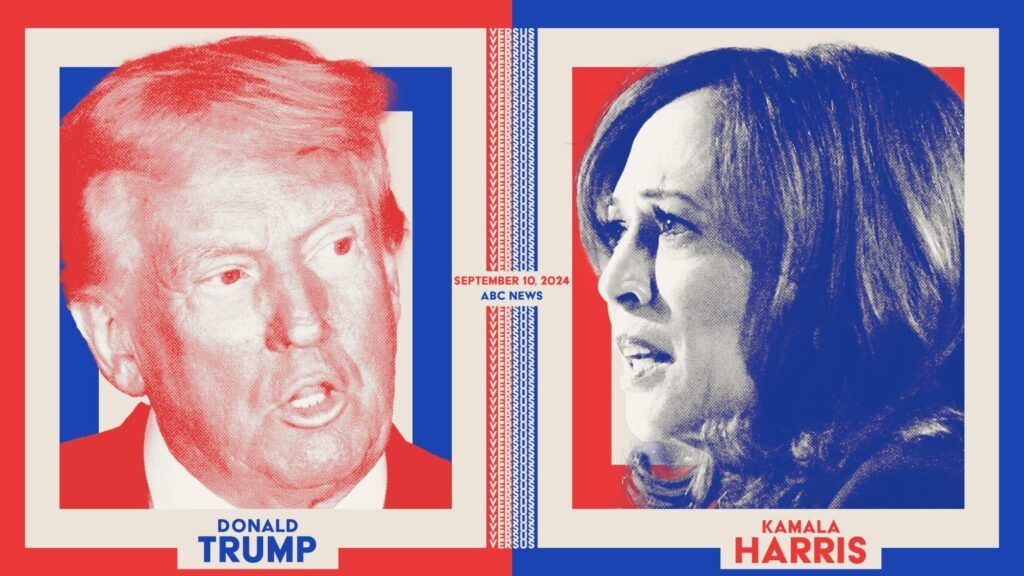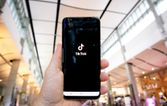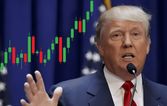
According to former President Donald Trump, some of the wealthiest and most influential people in tech have reached out to him privately with praise. While these tech executives may not publicly endorse him, Trump claims that they’ve quietly expressed admiration, suggested they’d prefer his leadership, or implied they’re not voting for his opponents.
Trump alleges that Google CEO Sundar Pichai praised his short stint as a McDonald’s employee, calling it “one of the biggest things we’ve seen on Google”; Apple’s Tim Cook supposedly called to complain about the European Union’s fines on Apple; and Mark Zuckerberg has, according to Trump, repeatedly “apologized” and told him there’s “no way” he can support a Democrat, particularly after Trump survived an attack in Pennsylvania.
If true, this marks a notable shift for executives of companies Trump has accused of “manipulating” votes in the 2016 election, “rigging” search results against him and conservatives, and generally being “anti-Trump.” Trump’s accusations haven’t been one-sided, either: Amazon has alleged that Trump pressured the Pentagon not to award it a lucrative defense contract.
Of course, there’s the possibility these tech moguls aren’t truly lining up to praise Trump, and that Trump – known for his flair for exaggeration – may be embellishing. But it’s also conceivable that, despite their vast resources, figures like Zuckerberg, Pichai, Cook, and other top tech executives face the same uncertainty as many Americans about who will win the next election. Numerous polls indicate it’s a toss-up. And with one candidate who has a record of rewarding loyalty and punishing dissent, these leaders may find it wise to hedge their bets.
You can see the calculation in action: Trump has previously made decisions based on personal grievances and has suggested he might do the same if he returns to the White House. In September, he threatened to prosecute Google if reelected, accusing it of “illegally” showing only “negative stories” about him and “positive” ones about Vice President Kamala Harris. He later claimed he called Pichai to confront him about bias against him in Google’s search results. If there’s a possibility of Trump taking office again, a little flattery might prevent significant repercussions.
Here’s what we know: Zuckerberg reportedly called Trump’s reaction to the Pennsylvania incident “badass.” Jeff Bezos allegedly withdrew The Washington Post’s endorsement of Harris, and Blue Origin executives met with Trump on the day the Post announced its neutral stance.

Those involved deny any misconduct. Blue Origin CEO Dave Limp issued a statement to The Verge, saying, “The brief greeting was spontaneous and arranged last minute on Friday morning. No one could have possibly been aware of it in advance, including Jeff. It’s absurd to imply otherwise.” Bezos defended The Washington Post’s neutrality, writing that “neither campaign nor candidate was consulted or informed” of the decision. Meta spokesperson Dani Lever declined to comment but referenced a previous statement to New York Magazine, noting, “As Mark has stated publicly, he is not endorsing anyone in this race and has not shared how he intends to vote.” (Apple, The Washington Post, and Google did not respond to requests for comment.)
This strategy isn’t new. Bezos and Zuckerberg refrained from publicly endorsing any candidate in 2020, though the Post backed Trump’s opponents in both 2016 and 2020.
Whatever their motives, tech leaders seem to be hedging their bets. It’s unclear if they’re motivated by fear of potential retribution from Trump, a desire to secure future government contracts, or a wish to avoid tighter oversight under a different administration. What is clear, however, is that a Trump presidency would likely have profound effects on the tech industry.
Project 2025’s Mandate for Leadership, authored by Trump’s allies and former advisors, outlines strategies for tackling perceived tech adversaries. Among its proposals, the Federal Trade Commission chapter recommends mirroring Europe’s “tougher regulatory environment.” Trump has also declared he would “do something” about Google, and his running mate JD Vance has even called for the company’s breakup. Meanwhile, the America First Policy Institute (AFPI) — a think tank affiliated with Trump’s campaign — has prepared nearly 300 executive orders for immediate signing if Trump takes office. One of the AFPI’s initiatives includes a new “Manhattan Project” for defense, aimed at assisting tech firms with existing government contracts, like Palantir.
In contrast to Elon Musk — who has openly endorsed Trump, attended rallies, and reportedly invested millions in Trump’s campaign — Bezos and other tech executives have not fully embraced Trump. However, their strategic silence suggests they’re preparing for the possibility of a Trump presidency and the influence and retributions he might wield.








By Andrej Kovacevic
Updated on 9th March 2025